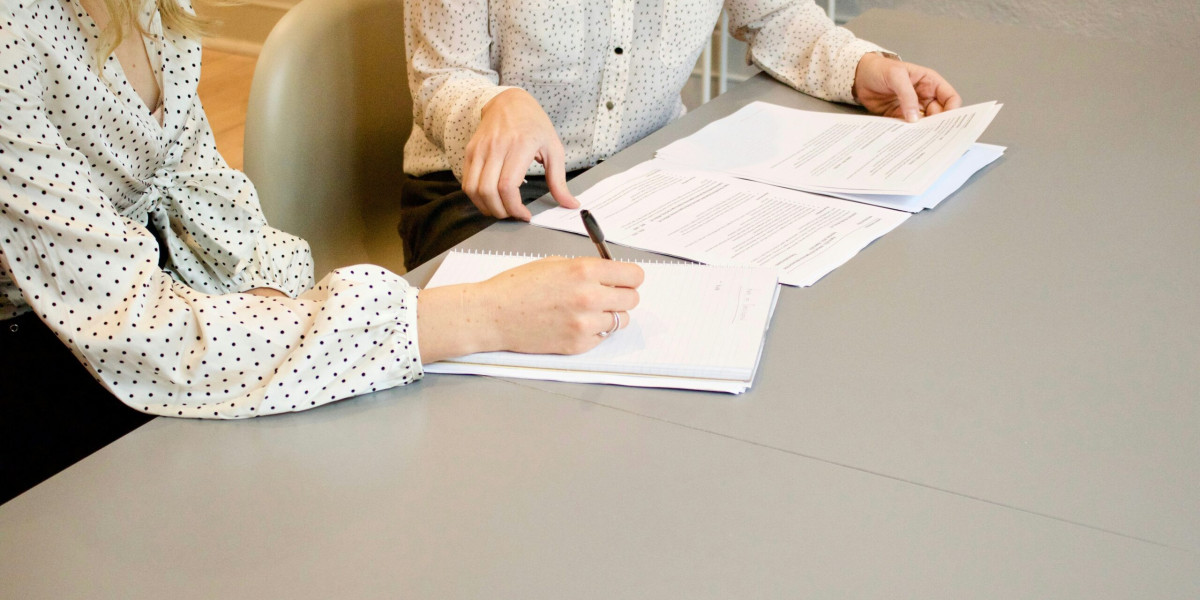Imagine this: Priya, a vibrant professional from India, moved to Singapore five years ago, chasing her dream of building a career in one of Asia’s most dynamic cities. She secured her Permanent Residency (PR), a milestone that granted her stability, access to world-class education for her children, and the freedom to call Singapore home. But as her Re-Entry Permit (REP) nears its expiry, Priya feels a flutter of anxiety. Will her PR status remain intact? Can she continue her life in Singapore without disruption? This story resonates with many PRs who face the critical process of Singapore Permanent Resident Renewal. Let’s dive into the essentials of renewing your PR status, ensuring you can continue enjoying the privileges of living in the Lion City.
Understanding Singapore Permanent Resident Renewal
What Is a Re-Entry Permit (REP)?
The Re-Entry Permit (REP) is the cornerstone of maintaining your Singapore Permanent Resident status. Unlike the PR status itself, which is valid for life, the REP typically expires every five years and must be renewed to allow PRs to travel in and out of Singapore without losing their residency. Without a valid REP, leaving Singapore could result in the automatic revocation of your PR status, forcing you to reapply from scratch—a process that’s both time-consuming and uncertain.
Why Is Singapore Permanent Resident Renewal Important?
Singapore Permanent Resident Renewal is not just a bureaucratic step; it’s a commitment to your life in Singapore. A valid REP ensures you can travel for work, family, or leisure without jeopardizing your residency. It demonstrates to the Immigration and Checkpoints Authority (ICA) your ongoing connection to Singapore, whether through employment, family ties, or economic contributions. Failing to renew your REP on time could disrupt your access to benefits like healthcare, education, and job flexibility.
Eligibility Criteria for REP Renewal
Who Can Apply for REP Renewal?
To apply for Singapore Permanent Resident Renewal, you must be a Singapore PR holding a valid travel document, such as a passport, with at least three months’ validity. The ICA assesses your application based on factors like your duration of stay in Singapore, employment status, and contributions to the economy, such as Central Provident Fund (CPF) contributions and income tax payments. PRs who have resided in Singapore for at least two and a half years during the five-year REP validity period generally have a higher chance of approval.
Special Considerations for Male PRs
Male PRs, particularly those liable for National Service (NS), face additional scrutiny. Under the Enlistment Act, male PRs must register for NS at age 16½ and serve full-time NS at 18, unless exempted. Failure to complete NS can adversely affect REP renewal and future immigration applications. If you’re a male PR, ensure you’ve fulfilled or are in the process of fulfilling NS obligations before applying.
The Renewal Process: Step-by-Step
When to Apply for REP Renewal
Timing is critical. The ICA recommends applying for REP renewal at least three months before your current permit expires. If your REP has already expired, you’ll need to schedule an in-person appointment with the ICA, which can complicate the process. Proactive planning prevents the risk of losing your PR status, especially if you’re overseas when the REP expires.
How to Apply Online via e-REP
Most PRs can renew their REP online through the ICA’s Electronic Re-Entry Permit System (e-REP) using a Singpass account. The process is straightforward:
1. Log in to e-REP: Access the e-Service portal on the ICA website.
2. Complete Form 6: Fill out the application form with your details.
3. Submit Supporting Documents: If requested, provide documents like your Singapore Blue Identity Card, marriage certificate (for PRs sponsored by a spouse), or proof of employment.
4. Pay the Fee: The REP fee is S$10 per year, typically S$50 for a five-year permit. Payment options include credit/debit cards, Internet banking, or mobile payment methods like PayNow.
If you’re overseas without a Singpass account, you can submit your application through the nearest Singapore Overseas Mission.
Documents Required
While the ICA may not always require documents, be prepared to submit:
· A valid passport or travel document.
· Singapore Blue Identity Card or SAF Identity Card (for NS personnel).
· Marriage certificate and spouse’s ID (if applicable).
· Certified translations for non-English documents, attested by the issuing country’s embassy or a Singapore notary public.
Common Mistakes to Avoid
Failing to Track REP Expiry Dates
One of the most common pitfalls is neglecting to monitor your REP’s expiry date. Priya, from our story, set a calendar reminder six months before her REP expired, ensuring she had ample time to gather documents and apply. Create similar reminders to avoid last-minute stress or the risk of status revocation.
Prolonged Absence from Singapore
Spending extended periods outside Singapore can signal to the ICA a lack of commitment to the country. PRs who are abroad for work or personal reasons may receive a shorter REP validity period (e.g., one year instead of five) or face rejection. To strengthen your application, demonstrate consistent residency and economic contributions, such as CPF payments or property ownership.
Tips to Strengthen Your REP Renewal Application
Showcase Your Contributions
The ICA evaluates your ties to Singapore, including employment, tax contributions, and family connections. Highlight your role in the economy, such as a stable job or business ownership. If you’re a family member of a Singapore Citizen or PR, provide evidence of these ties, like a marriage certificate or your children’s school records.
Seek Professional Assistance
If your case is complex—perhaps due to prolonged absence or NS obligations—consider consulting an immigration specialist. Agencies like Fergus Consultancy or Singapore Immigration Partners can provide tailored advice to improve your chances of approval.
Processing Time and Outcomes
How Long Does It Take?
The typical processing time for an REP application is about one week, excluding the submission date. However, complex cases may take longer. You can check your application status online via the ICA’s e-Service or MyICA portal. Successful applicants receive an In-Principle Approval, and PR status is confirmed once all conditions are met.
What If Your Application Is Rejected?
Rejections can occur if you’ve spent significant time abroad or failed to demonstrate sufficient ties to Singapore. If rejected, you may appeal to the ICA or reapply after addressing the issues, such as spending more time in Singapore or fulfilling NS obligations.
Benefits of Maintaining PR Status
Renewing your REP ensures you continue to enjoy PR privileges, such as:
· Career Flexibility: Unlike work pass holders, PRs can change jobs or start businesses without sponsorship.
· Education Access: PR children receive priority in public schools and subsidized fees.
· Path to Citizenship: PR status is a prerequisite for Singapore citizenship, requiring at least two years as a PR.
Conclusion
Singapore Permanent Resident Renewal is more than a formality—it’s a vital step to preserving your life in one of the world’s most vibrant cities. Like Priya, you’ve worked hard to build a home in Singapore, and maintaining your PR status ensures you can continue to thrive. By understanding the REP renewal process, preparing the right documents, and avoiding common mistakes, you can safeguard your residency with confidence. Stay proactive, monitor your REP’s validity, and demonstrate your commitment to Singapore. Your journey as a PR is a testament to your dedication—keep it secure for the years ahead.








